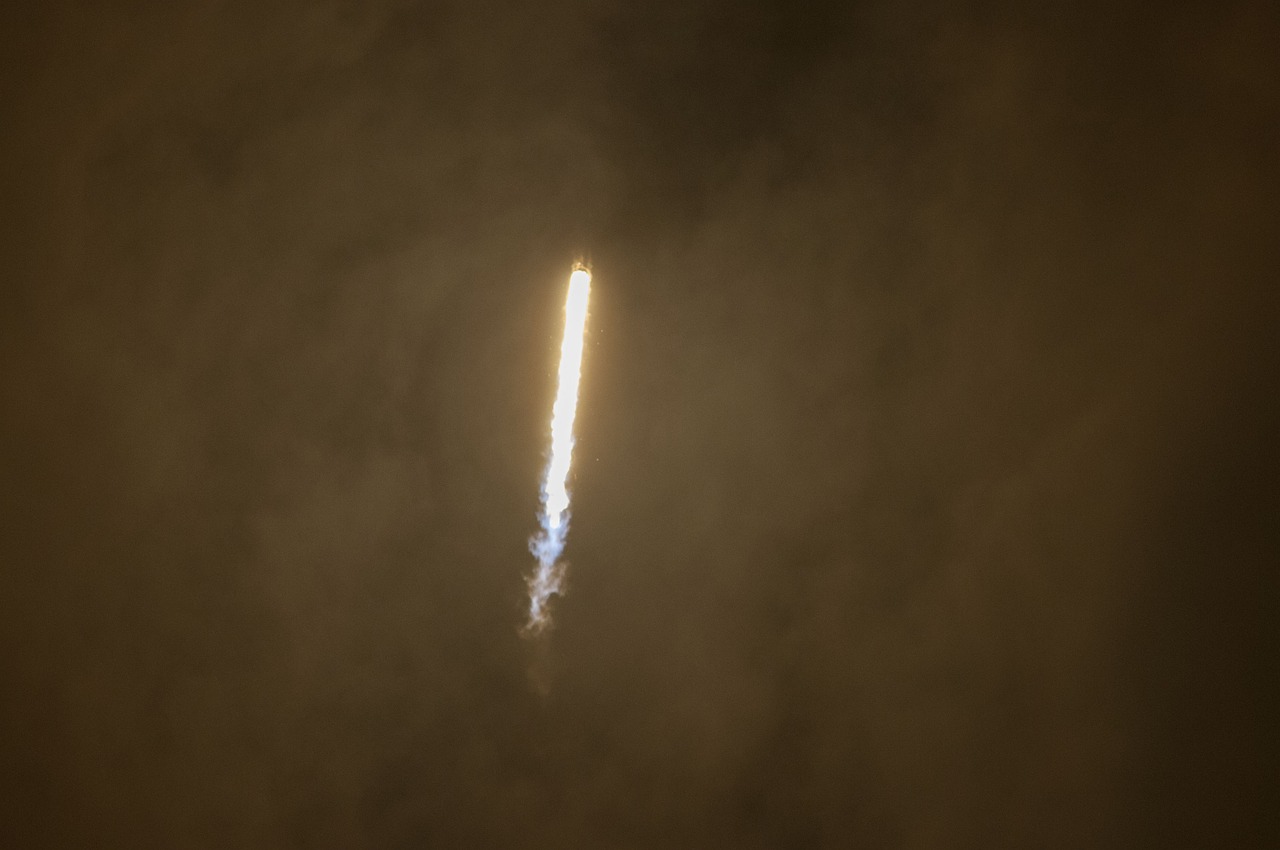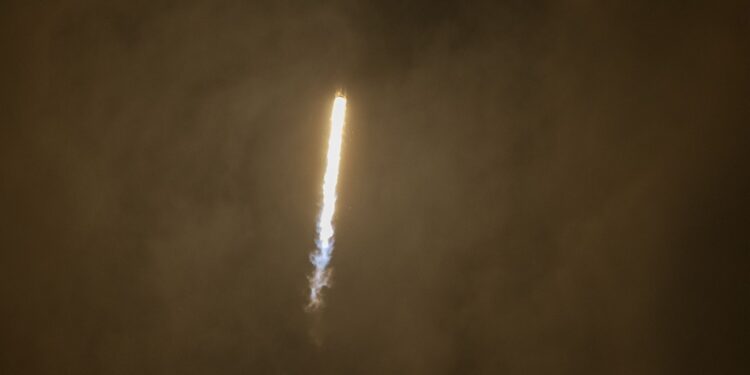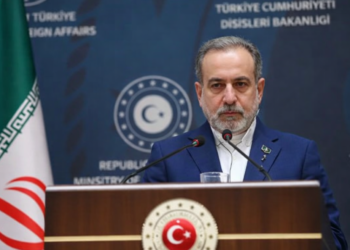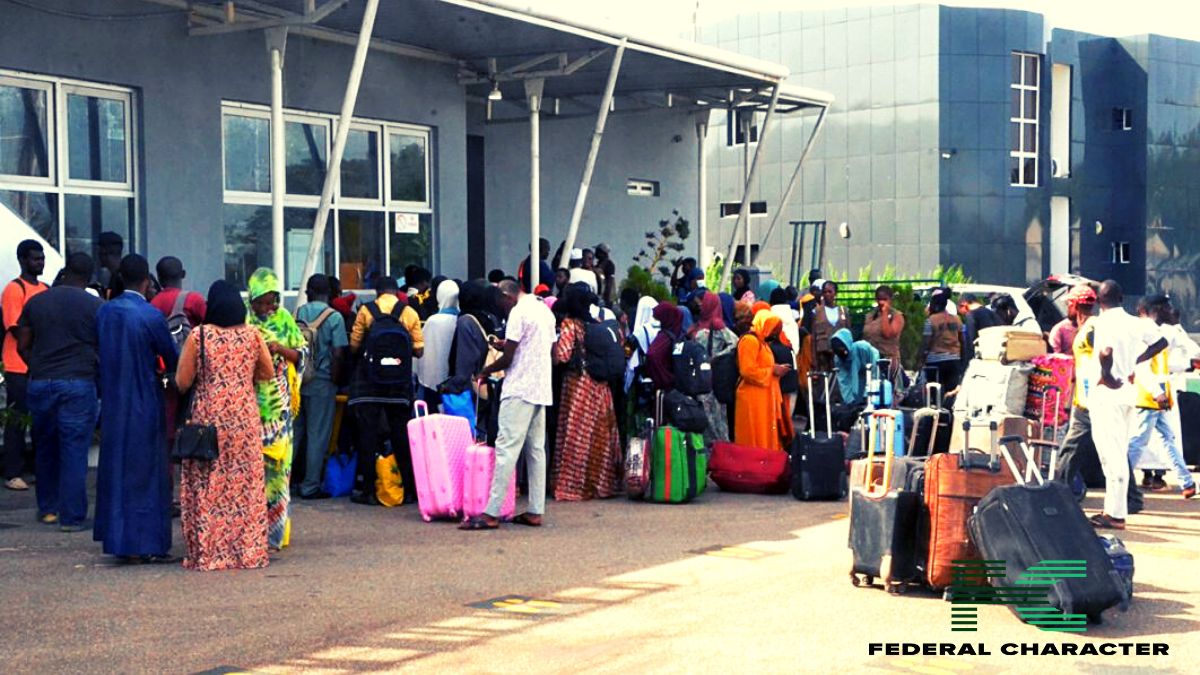The Israeli military announced renewed airstrikes on Sunday aimed at Hezbollah’s weapons storage facilities and infrastructure in Lebanon.
Details of the Strikes
According to the Israel Defense Forces (IDF), the airstrikes involved targeting specific Hezbollah positions, including launchers that are directed toward Israeli territory. In a statement, the military confirmed that approximately 45 Hezbollah targets were hit in the Kafra area of southern Lebanon. These targets included critical weapons storage facilities and other sites associated with the group’s operations.
Why it Matters
This escalation in military activity highlights the ongoing tensions between Israel and Hezbollah, which have been a longstanding issue in the region. The strikes indicate Israel’s commitment to preemptively addressing perceived threats from Hezbollah, especially those that could potentially harm Israeli civilians.

Strategic Objectives
By targeting Hezbollah’s infrastructure, Israel aims to diminish the group’s operational capabilities. The destruction of weapons storage facilities could hinder Hezbollah’s ability to launch attacks, particularly in light of recent border skirmishes and heightened hostilities.
Regional Repercussions
The military action also carries significant implications for the broader regional stability. Escalations such as these can provoke retaliation from Hezbollah, potentially leading to a cycle of violence that could spill over into other areas of the Middle East. The involvement of external actors, including Iran, which supports Hezbollah, complicates the situation further.
Conclusion
The Israeli airstrikes on Hezbollah targets reflect ongoing tensions and the complex security dynamics in the region. As both sides navigate this precarious situation, the potential for escalation remains high, with consequences that could affect not only Israel and Lebanon but the broader geopolitical landscape.

















